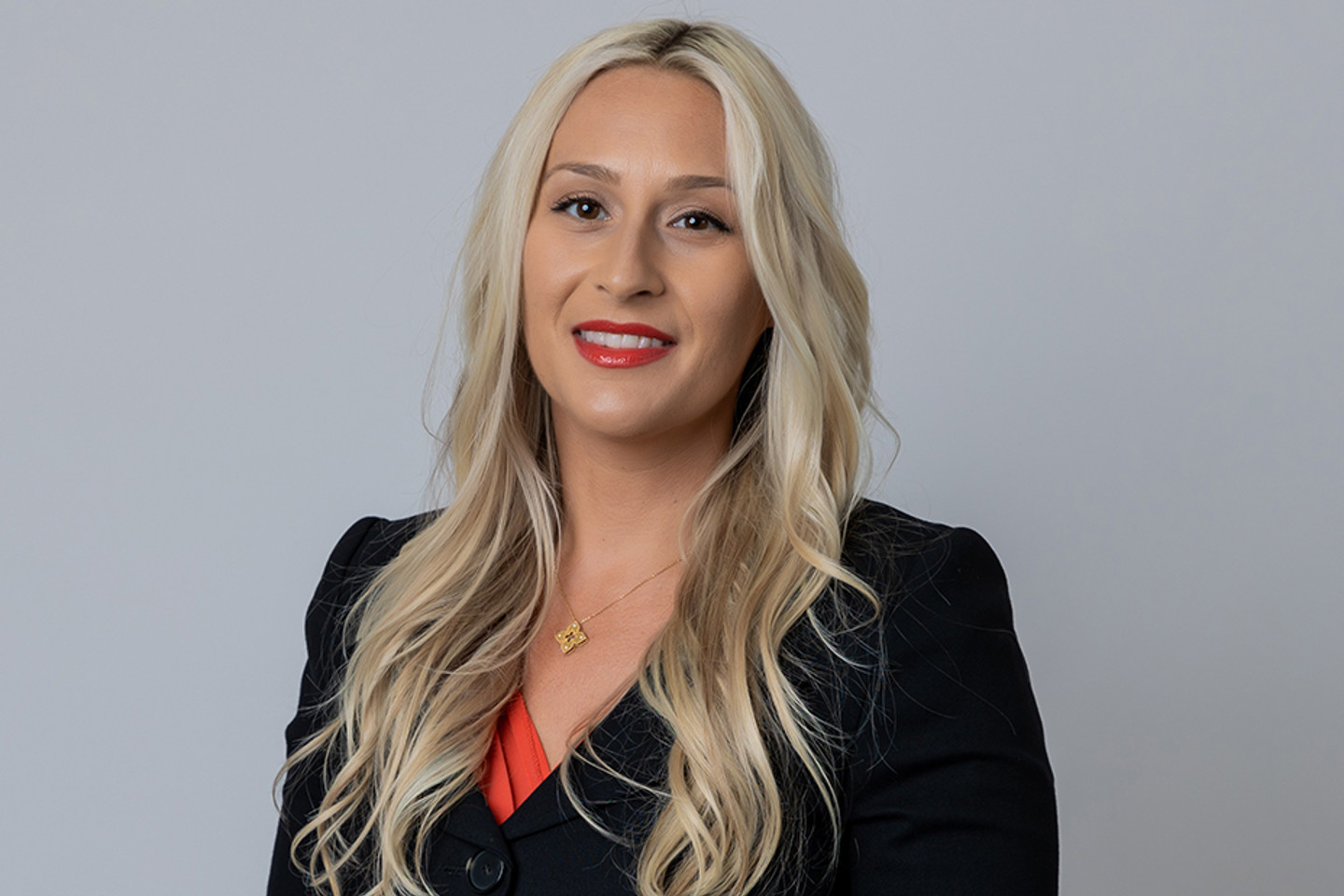
Sophie Peat
Partner | Legal
Cayman Islands

Sophie Peat
Partner
Cayman Islands
No Content Set
Exception:
Website.Models.ViewModels.Components.General.Banners.BannerComponentVm
NFTs (Non-Fungible Tokens) have opened new revenue streams and earning potential for brands, celebrities, athletes, artists, bands, songwriters, authors, and many others in the "creator" economy.
Interest in and sales of NFTs surged during the COVID-19 pandemic and the interest continues as more businesses and individuals invest in NFTs and the metaverse, whether proactively or defensively.
What are NFTs?
NFTs are digital assets based on computer code with a unique identifier that creates proof of title to underlying digital and/or physical assets, such as artwork, music, literature, games, clothing or other virtual or non-virtual goods or creative works. NFTs may be compared to a digital certificate of authenticity or deed of title and can be used to prove ownership and authenticity of an asset as evidenced by an immutable, cryptographically-secured record on a blockchain such as Ethereum or other distributed ledger technology. In contrast to fiat currency and cryptocurrencies, they have the key characteristics of being "non-fungible" and "non-interchangeable".
Given the relationship between NFTs and creative assets, it is important to be alive to the interplay between NFTs and intellectual property (IP). Here are some points to consider.
1. NFTs are not equal to IP rights
NFTs are assets. However, they are not in of themselves equal to the underlying digital or physical asset which they represent or any intellectual property rights therein. Therefore, when purchasing an NFT, buyers need to carefully review the terms and conditions of sale and be sure to understand exactly what they are buying and what they can rightfully do with it. For example, will IP rights in the underlying asset be assigned as part of the NFT sale? This is rare, and there must be an express written and signed assignment of the relevant rights for the IP to be effectively transferred. On the other hand, as is more common, if the IP rights will be licensed, what is the scope of the licence? The answer to these questions will determine how, and to what extent, the underlying asset can be exploited, and will no doubt also impact the price the buyer is willing to pay.
2. Counterfeits: do your due diligence
Once you understand precisely what is being sold, you will also want to check that the seller has the right to sell the asset(s) that you will be acquiring. In particular, if the asset is a copyright work, such as a digital piece of art, or a digital handbag that features a brand name, you will want to check the chain of title to ensure that the original creator or IP owner authorised the minting of the NFT in the first place. If they did not, then you could be purchasing an NFT for a counterfeit. In order to reduce the chances of this happening, you should look to make the purchase through a reputable NFT marketplace and conduct some research into the NFT seller, which might include a review of their account, online feedback and associated social media. Other indicators that the NFT is for a counterfeit could be the price point or its availability for purchase in several different marketplaces. You can also inspect the metadata and any digital certificate issued via a reputable blockchain explorer.
3. The scope of your existing trade mark rights may not extend to NFTs or virtual goods and related services
If you are a brand owner looking to protect or exploit your trade mark in the digital world then you should review your existing trade mark portfolio and check that the goods and services descriptions, particularly those in Nice classes 9, 35, 41 and 42, provide adequate protection. For example, do your trade mark specifications specify the relevant digital goods that may be authenticated by NFTs and/or downloadable virtual goods (eg digital art, music, etc.) or services (eg the provision on an online virtual marketplace for the trading of virtual goods, which may be authenticated by NFTs) that you may offer now or in the future? As well as extending the scope of protection in respect of your existing portfolio of trade mark registrations, you may also want to register new trade marks for specific digital brands or sub-brands.
4. Creating / minting new NFTs for copyright works
If you wish to mint an NFT for a digital asset which you have created and in which copyright subsists (eg a digital artwork), then you will likely want to retain ownership of the copyright in the digital artwork, just as you would in respect of a physical creative work, such as a painting. You will want to consider whether you wish to allow the buyer of the digital asset the right to display the artwork for personal, non-commercial use only and in the NFT marketplace for resale purposes, or whether you will allow for any commercial use of the work, which may include the right to create adaptations or derivative works of digital art from the original. If considering the latter, much thought will need to be given into the scope of the licence and how compliance will be monitored and enforced if there is a breach and in which jurisdiction.
5. Impact on the value and reputation of your brand
Consumers are more informed and demanding than ever and seek to purchase goods and services from brands that share and represent their personal values. There are many factors that can affect the value and reputation of a brand in the NFT space, but one that receives an increasing degree of media attention concerns the carbon footprint associated with the minting and selling of NFTs on the blockchain. Consumers are holding their favourite brands to a higher degree of scrutiny and if sustainability promises are found to conflict with working practices, this is likely to have an adverse impact on the value and reputation of the brand. Brands that address these issues transparently and openly are likely to have more longevity in the digital world.
How can Ogier help?
Whether you are planning on issuing, minting or trading your own NFTs or developing a platform that will involve NFTs, our global team of experienced lawyers at Ogier are on hand to assist.
Should you have any further questions, please contact Sophie Peat, partner at Ogier in the Cayman Islands.
The considerations and suggestions above do not constitute legal advice and developers, issuers and market participants should obtain their own unique legal advice before undertaking any NFT-related project.

Sophie Peat
Partner | Legal
Cayman Islands

Sophie Peat
Partner
Cayman Islands

Bradley Kruger
Partner | Legal
Cayman Islands

Bradley Kruger
Partner
Cayman Islands
Ogier is a professional services firm with the knowledge and expertise to handle the most demanding and complex transactions and provide expert, efficient and cost-effective services to all our clients. We regularly win awards for the quality of our client service, our work and our people.
This client briefing has been prepared for clients and professional associates of Ogier. The information and expressions of opinion which it contains are not intended to be a comprehensive study or to provide legal advice and should not be treated as a substitute for specific advice concerning individual situations.
Regulatory information can be found under Legal Notice
Sign up to receive updates and newsletters from us.
Sign up
No Content Set
Exception:
Website.Models.ViewModels.Blocks.SiteBlocks.CookiePolicySiteBlockVm